What Exactly is an Internet Meme?
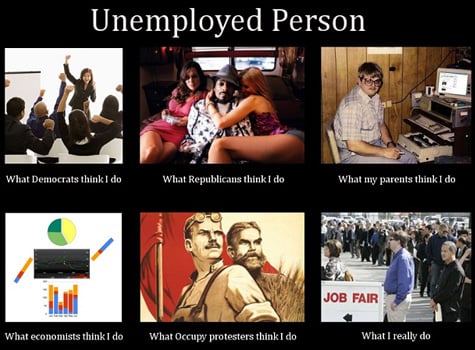

Internet memes are cultural ideas that spread virally through social media. They’re a perpetually evolving aspect of the Web—products of a skewed sense of humor and an affinity for the eccentricity of Internet pop culture. Where would we be without Advice Animals like Karate Kyle or the Annoying Facebook Girl? What about Mr. Trololo?
So to keep the corporate world up to speed on what twenty-something social media marketers worldwide are leveraging for link bait and traffic to make digital businesses more profitable, here’s a rundown on three popular trending memes.
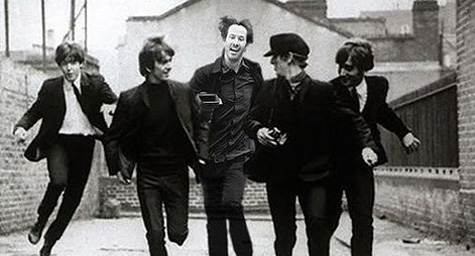
1. Happy Keanu
Keanu Reeves initially earned his Internet fame in June 2010 through a paparazzi photo of the actor sullenly eating a sandwich on a park bench, which spawned an extensive series of Photoshopped images known as “Sad Keanu”. Meanwhile, fans of the actor took the joke to the next level by organizing a Facebook event on June 15, 2010, called “Cheer Up Keanu Day.” Within the first week of its launch, more than 14,000 Facebook users joined the group.
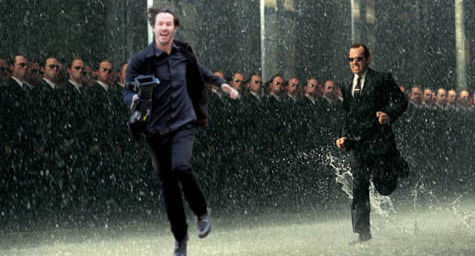
The “Happy Keanu” meme first emerged in October 2010, shortly after the rise in late July of the first Sad Keanu spin-off series, “Sad Keanu in a Helmet.” The photo of a smiling Reeves was taken on October 6, 2010 in New York City’s East Village, where he was working on a running scene for the 2012 film, Generation Um.
The next day, the photo of Keanu Reeves was published online by The Daily Mail in an article entitled, “Happy Keanu strikes AGAIN: Things are looking up as Reeves keeps on smiling,” and subsequently was picked up by several news sites and celebrity blogs, including The Washington Post and Jezebel. That same day on Tumblr, the single-topic blog, Happy Keanu, was launched to curate the Photoshopped images. Throughout the month of October 2010, a number of Happy Keanu variations were featured on Memebase and FunnyJunk.
2. Seems Legit
Reminiscent of the title of MC Hammer’s popular 1991 video, “Too Legit to Quit,” this phrase is making its rounds on the interwebs as an addition to most scam-associated images. Knowyourmeme.com defines “seems legit” as “an expression used to sarcastically retort to a suspected attempt at deception and is often used to caption image macros depicting factually questionable statements and scenarios.”
Some classic examples of this phenomenon are:
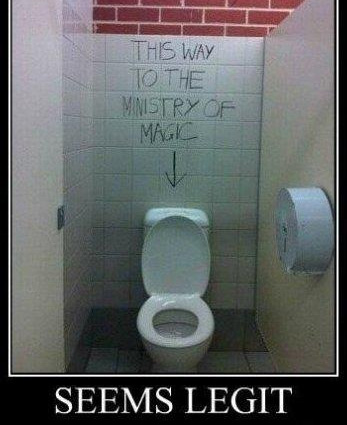
Despite a slight drop-off from earlier this year, there’s no arguing that “seems legit” is still spreading like wildfire. While search volume for the term may be dropping, there’s no shortage of images.
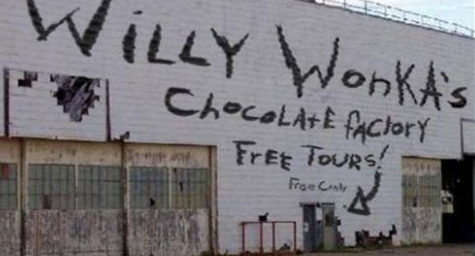
3. What People Think I Do/What I Really Do
Many people relate to this meme more than any other—especially if they do something for a living that makes their friends envious—because the reality of a particular profession is rarely what it’s perceived to be. This latest trend in meme-building enables someone to show what people think they do versus what they really do. Here are a few examples:
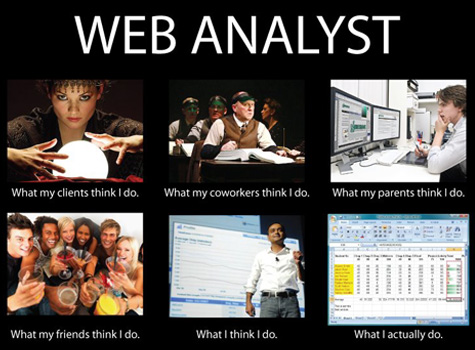
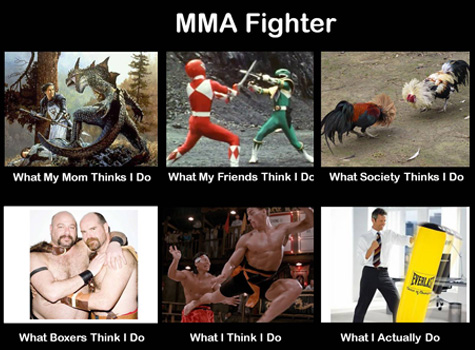

You can create your own meme here <http://uthinkido.com/.
To learn more about the latest trends in online marketing, contact MDG today at 561-338-7797.
At MDG, our 360° marketing approach uses just the right mix of traditional and online media to reach your hospitality marketing goals. While some industries may fare better on TV and others online, we strive to create a balanced approach where digital and traditional marketing efforts support each other and your message is tailored to the medium.
